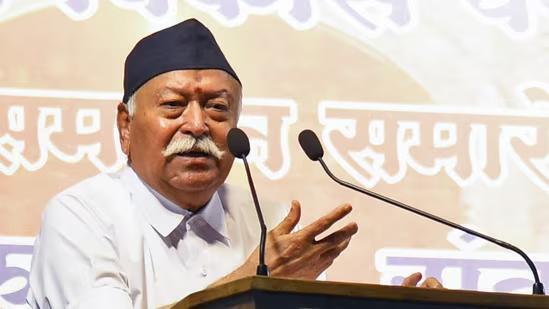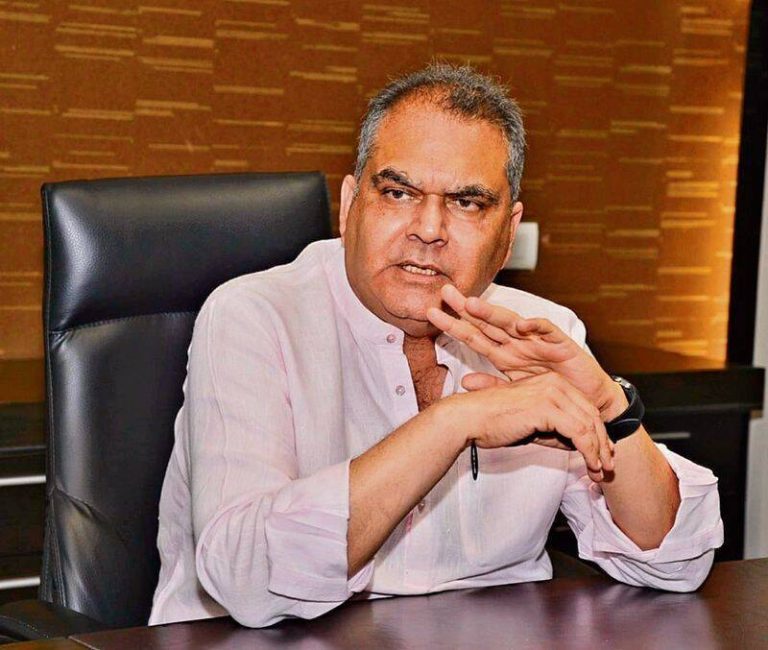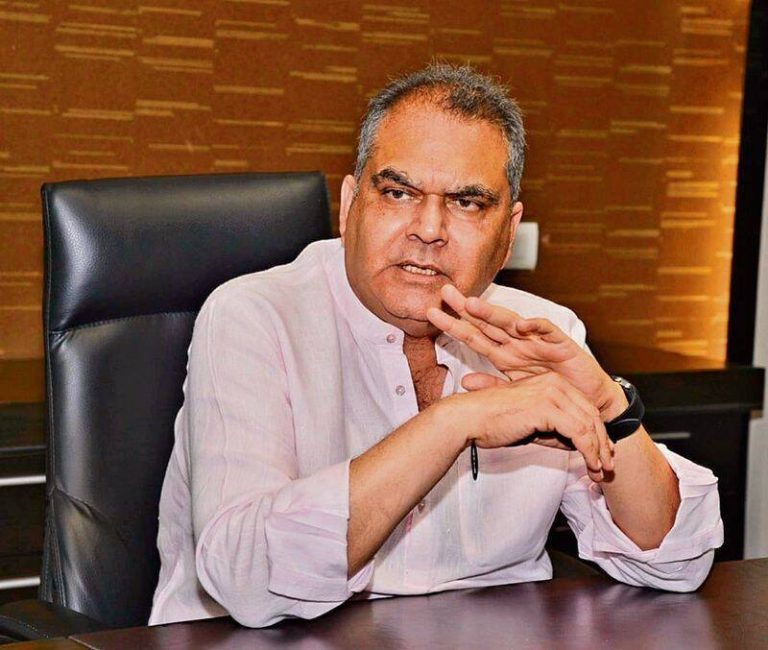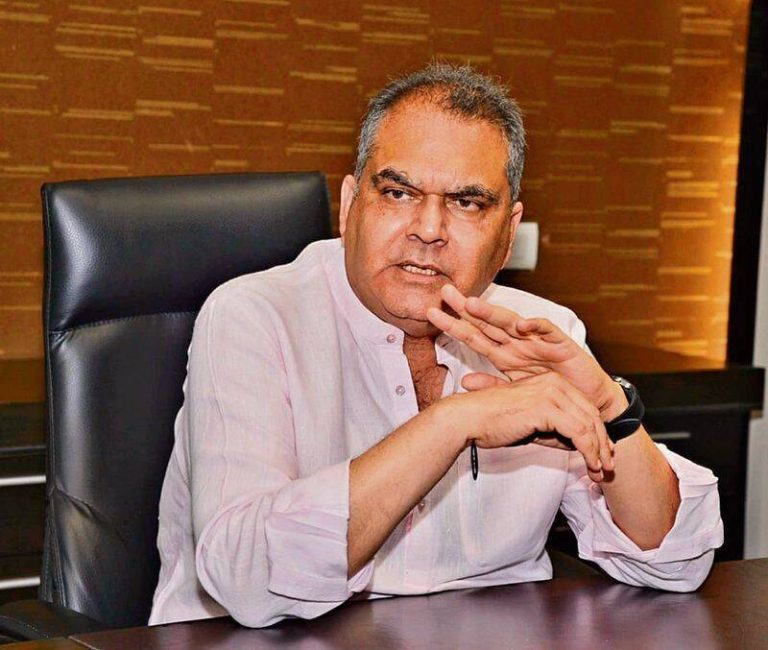
Muslims & Christians are also Hindus if they follow Indian culture: RSS chief Bhagwat
In a recent statement, RSS chief Mohan Bhagwat has sparked a new debate by redefining the term “Hindu”. According to him, anyone who takes pride in Bharat, or India, can be considered a Hindu. This statement has far-reaching implications and raises important questions about the concept of identity, culture, and nationality in India. In this blog post, we will delve into the meaning and significance of Bhagwat’s statement, and what it means for the diverse population of India.
Bhagwat’s statement was made during a speech where he emphasized the importance of Indian culture and the concept of Bharat. He said, “If Muslims and Christians, even without giving up their worship, customs and traditions, worship this country, follow Indian culture…then they are Hindus.” This statement suggests that Bhagwat is attempting to broaden the definition of Hinduism to include people of all faiths who identify with Indian culture and values. By doing so, he is trying to create a sense of unity and shared identity among the diverse population of India.
The idea that Muslims and Christians can be considered Hindus if they follow Indian culture is a complex one. On the one hand, it can be seen as an attempt to promote unity and inclusivity among people of different faiths. By emphasizing the shared cultural heritage of India, Bhagwat is trying to create a sense of commonality among people who may have different religious beliefs. This approach can help to break down barriers and promote social cohesion.
On the other hand, Bhagwat’s statement can also be seen as a form of cultural assimilation. By defining Hindus as anyone who follows Indian culture, he is implying that people of other faiths must adopt Indian cultural practices and values in order to be considered part of the Hindu fold. This approach can be problematic, as it may be seen as an attempt to erase the cultural identities of minority communities. Muslims and Christians in India have their own unique cultural practices and traditions, which are an integral part of their identity. By suggesting that they must adopt Indian culture in order to be considered Hindus, Bhagwat’s statement may be seen as a form of cultural imperialism.
Another important aspect of Bhagwat’s statement is the idea that India does not need an official label to be a “Hindu Rashtra”. A Hindu Rashtra, or Hindu nation, is a concept that has been promoted by some Hindu nationalist groups in India. It refers to the idea of India as a nation-state that is defined by Hindu values and culture. Bhagwat’s statement suggests that India is already a Hindu Rashtra, regardless of whether it is officially recognized as such. He said, “India does not need an official label to be a Hindu Rashtra. The country’s civilization already reflects it.”
This statement is significant, as it reflects the RSS’s vision for India as a nation-state. The RSS, or Rashtriya Swayamsevak Sangh, is a Hindu nationalist organization that has been influential in shaping the ideology of the ruling Bharatiya Janata Party (BJP). By suggesting that India is already a Hindu Rashtra, Bhagwat is reinforcing the idea that Hindu values and culture are the foundation of Indian identity.
The implications of Bhagwat’s statement are far-reaching. If we accept the idea that anyone who follows Indian culture is a Hindu, then it raises important questions about the role of religion in defining identity. Does it mean that people of other faiths must adopt Hindu cultural practices in order to be considered part of the Hindu fold? Or does it mean that Hinduism is a broader cultural category that encompasses people of all faiths who identify with Indian culture?
Furthermore, Bhagwat’s statement also raises questions about the concept of a Hindu Rashtra. If India is already a Hindu Rashtra, then what does it mean for the rights and freedoms of minority communities? Will they be expected to adopt Hindu values and cultural practices in order to be considered part of the Indian nation-state? Or will they be able to maintain their unique cultural identities and practices, while still being recognized as equal citizens of India?
In conclusion, RSS chief Mohan Bhagwat’s statement that Muslims and Christians can be considered Hindus if they follow Indian culture is a complex and multifaceted one. While it can be seen as an attempt to promote unity and inclusivity, it also raises important questions about cultural identity, assimilation, and the role of religion in defining nationality. As India continues to grapple with the challenges of diversity and inclusivity, it is essential to have a nuanced and informed discussion about the meaning and significance of Bhagwat’s statement.






